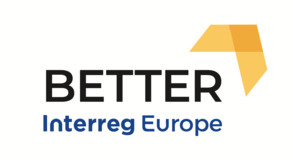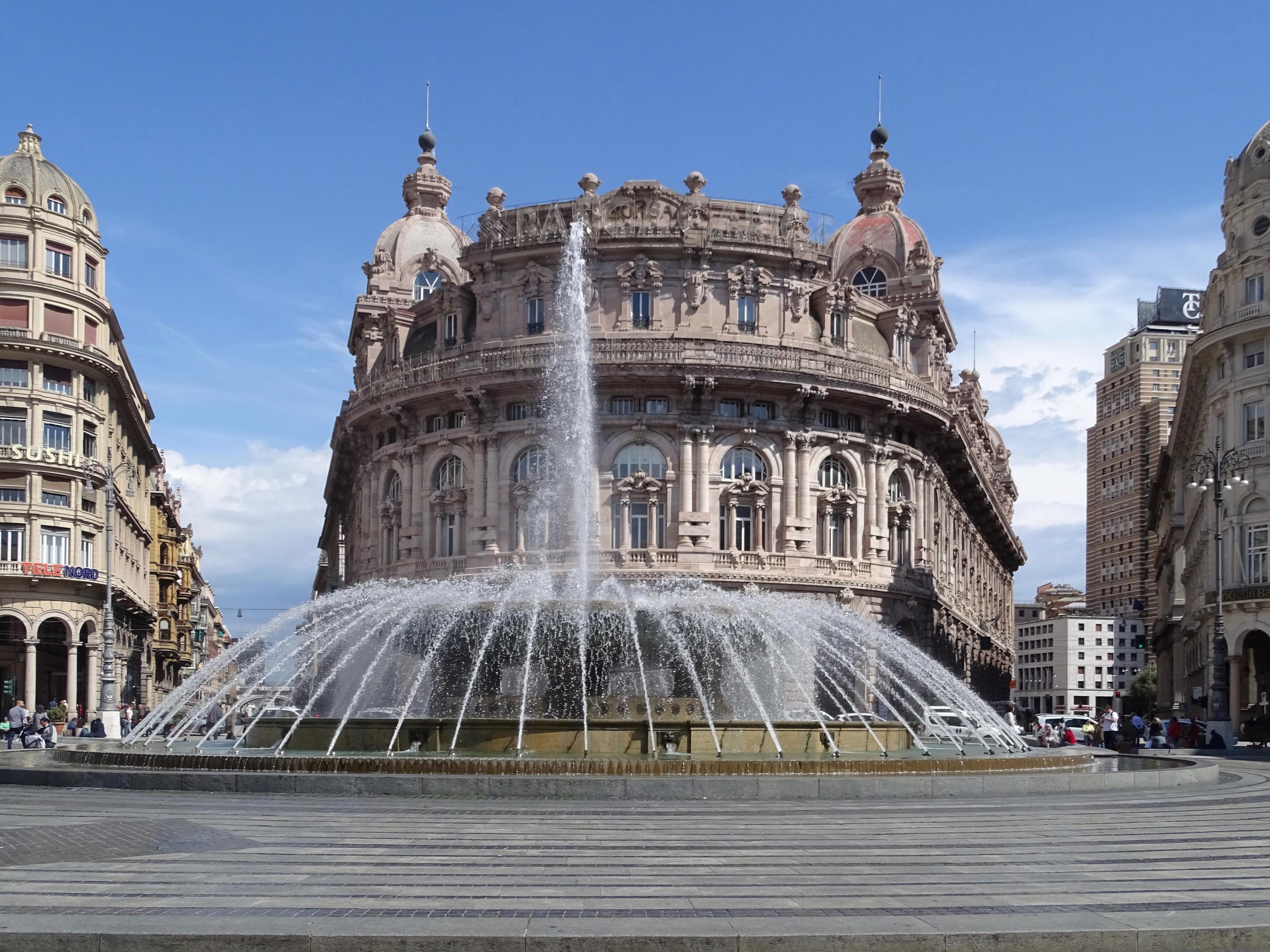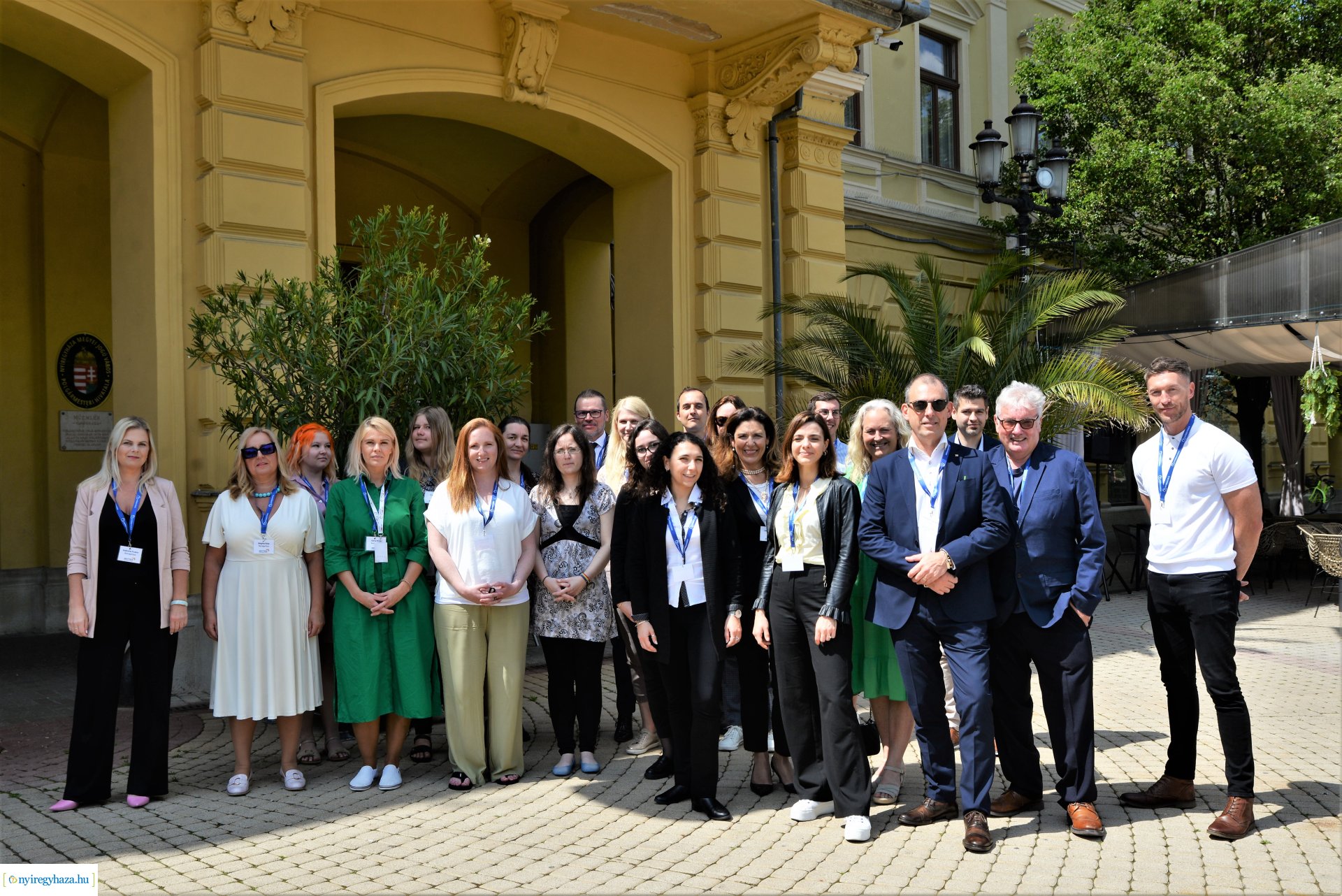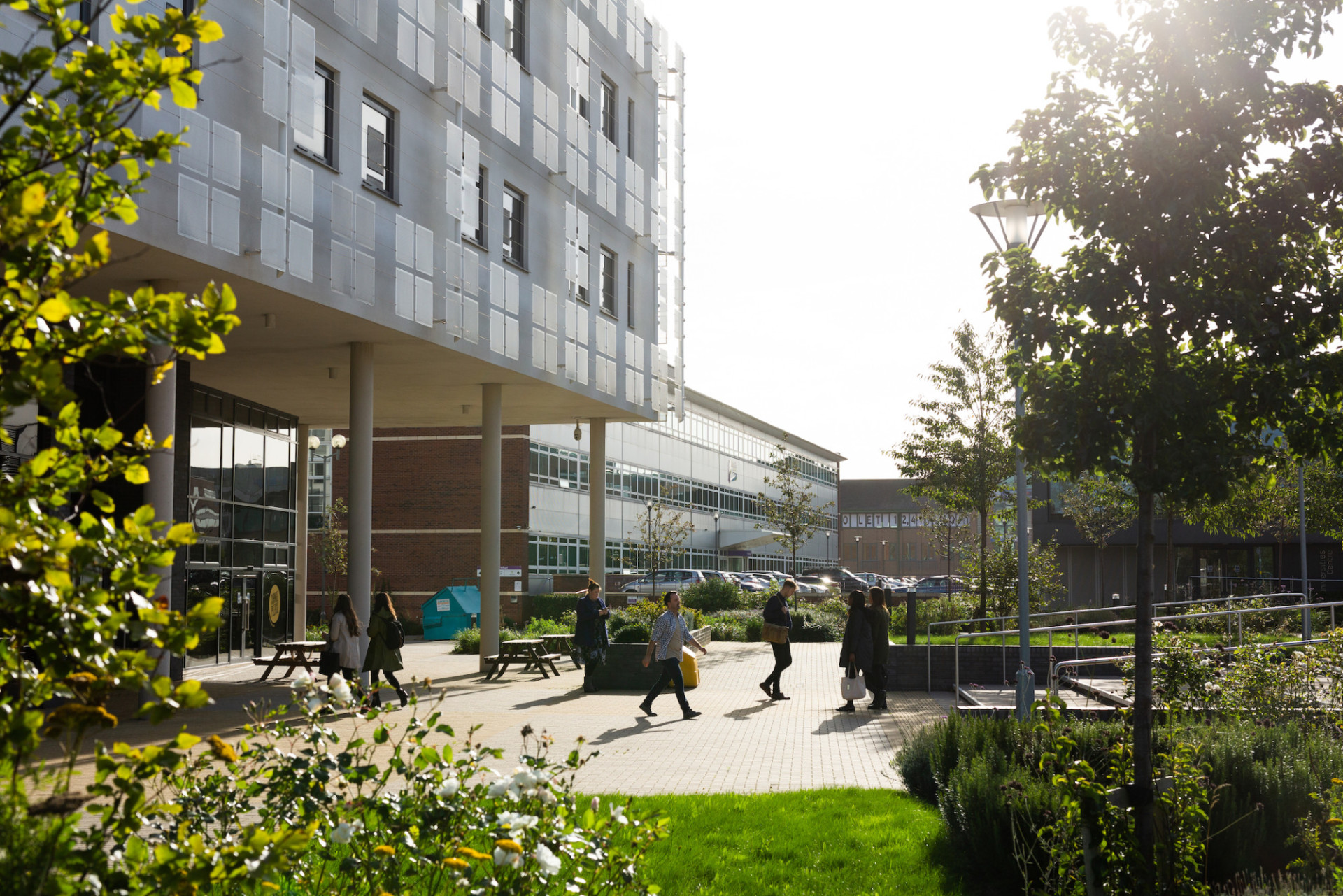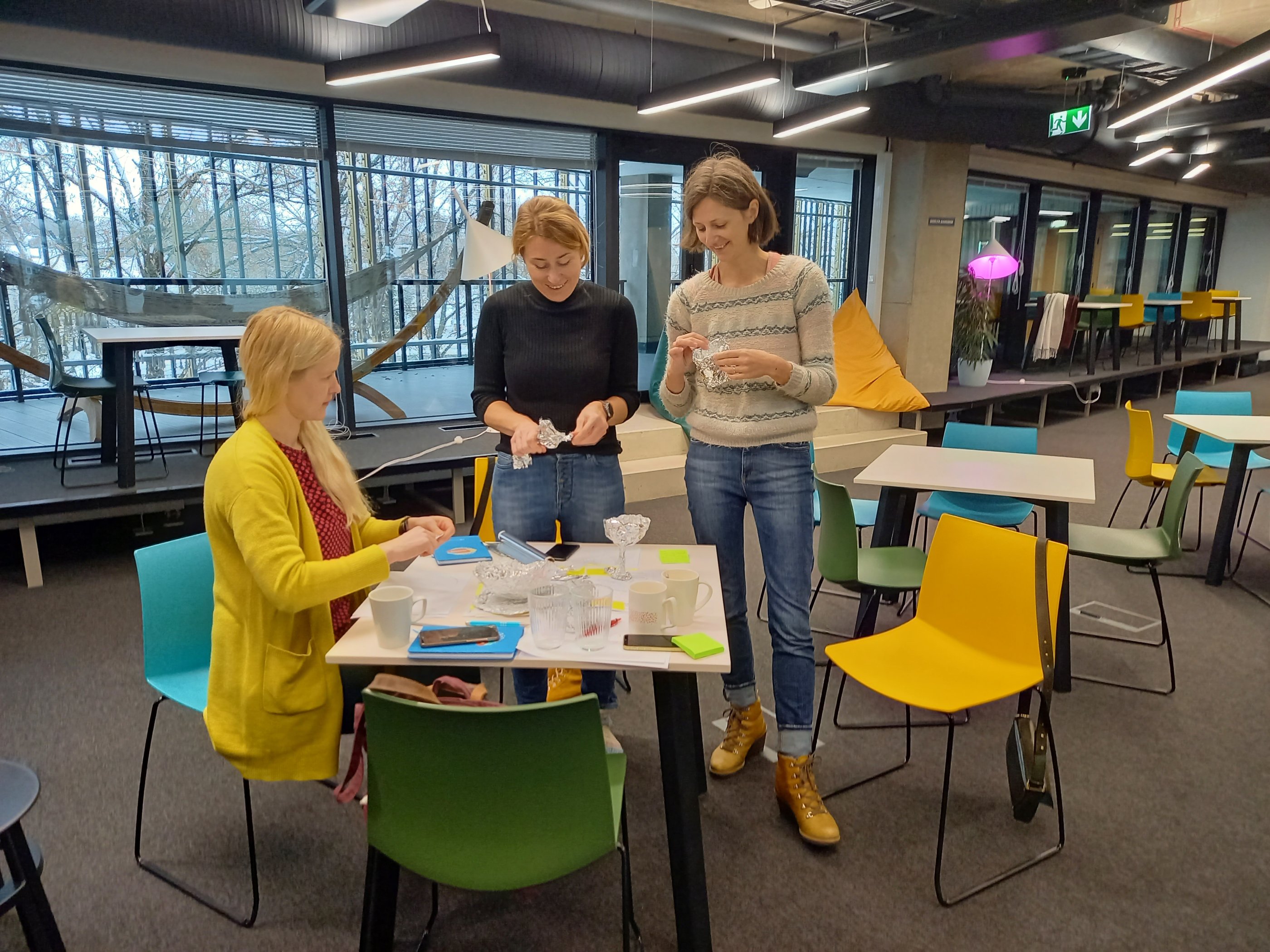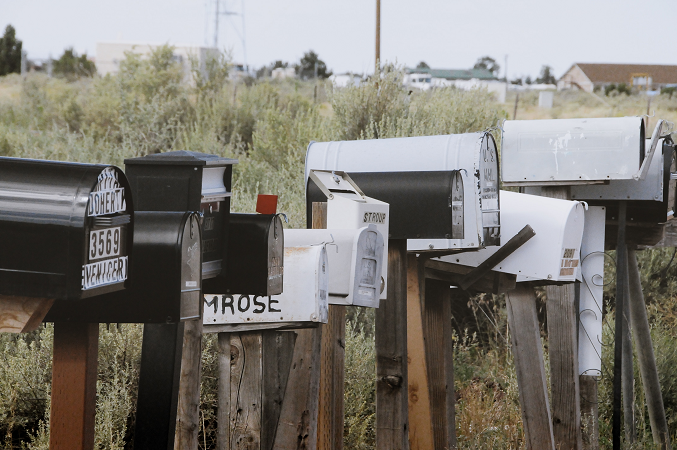After learning about the GIS solutions of Tartu during an online and an in-person Study Visit,
Nyíregyháza was determined to pave the way for the creation of a local integrated platform which can manage static and real-time data from different sources and also be used for sharing information with the citizens. When they included this in their Regional Action Plan (RAP), they couldn’t have known that their journey will lead them to another partnership experimenting with a similar method to the one introduced during BETTER by Birmingham: Digital Innovation in Public Services – DIPS. (A side note: to make the circle of life, or – in this case – knowledge transfer complete, we have to mention that the Birmingham team was inspired by the Tartu Smart City programme to do this: a system of cooperation demonstrated by launching city challenges while engaging with citizens for problem definition and SMEs to develop prototype solutions for testing.)
URBAN TECH – a Horizon 2020 project – supports the competitive success of SMEs through the
market launch of new or significantly improved products and services with higher value, aiming to
innovate in the health tech, smart city and green tech industries. The UNICORN Startup & Innovation
Hub (a member of the URBAN TECH consortium) asked Nyíregyháza to provide challenges for their open call within the project. The process is the following:
- Gathering challenges from 9 countries (including Hungary) in a Virtual Library
- Short proposal phase in which SMEs can apply for the challenges they are interested in
(closed in October 2022) - Hackathon phase in which the SMEs develop an outline of their solutions to the selected
challenges and pitch their ideas to the “challenge owners” (closed in November 2022) - Full proposal phase in which the winners of the hackathons prepare a detailed action plan
(closed in January 2023) - MVP development phase (starts in February)
The BETTER project team decided that it would be a smart idea to provide a challenge based on their
RAP, so they presented the current situation and asked for an information interface capable of
receiving raw data and displaying the selected values not just in an aesthetic, but an interpretive
way. This was the most popular challenge among the SMEs – Nyíregyháza had to evaluate 6
applications in advance of a hackathon in Graz on November 25, 2022, where the city was present
virtually. The ultimate winner from the 18 participating SMEs (including those 6) was Rhoé Urban
(one of the 6), a Greek mobility and green technology startup.
Discussions with Rhoé have already started about the data layers that might be made available to them for their development work which will include a personal visit from them in the spring. The deadline of the MVP phase is May 31, 2023; therefore, a prototype version of the platform will hopefully be realized until the end of Phase 2.
By participating in a challenge like this, Nyíregyháza has not just managed to find an innovative way
to achieve one of its RAP goals – the city is also actively taking part in the European innovation
scene, making contact with SMEs and inspiring them to develop solutions to problems with a
public relevance.
More information about the URBAN TECH project can be found HERE.
